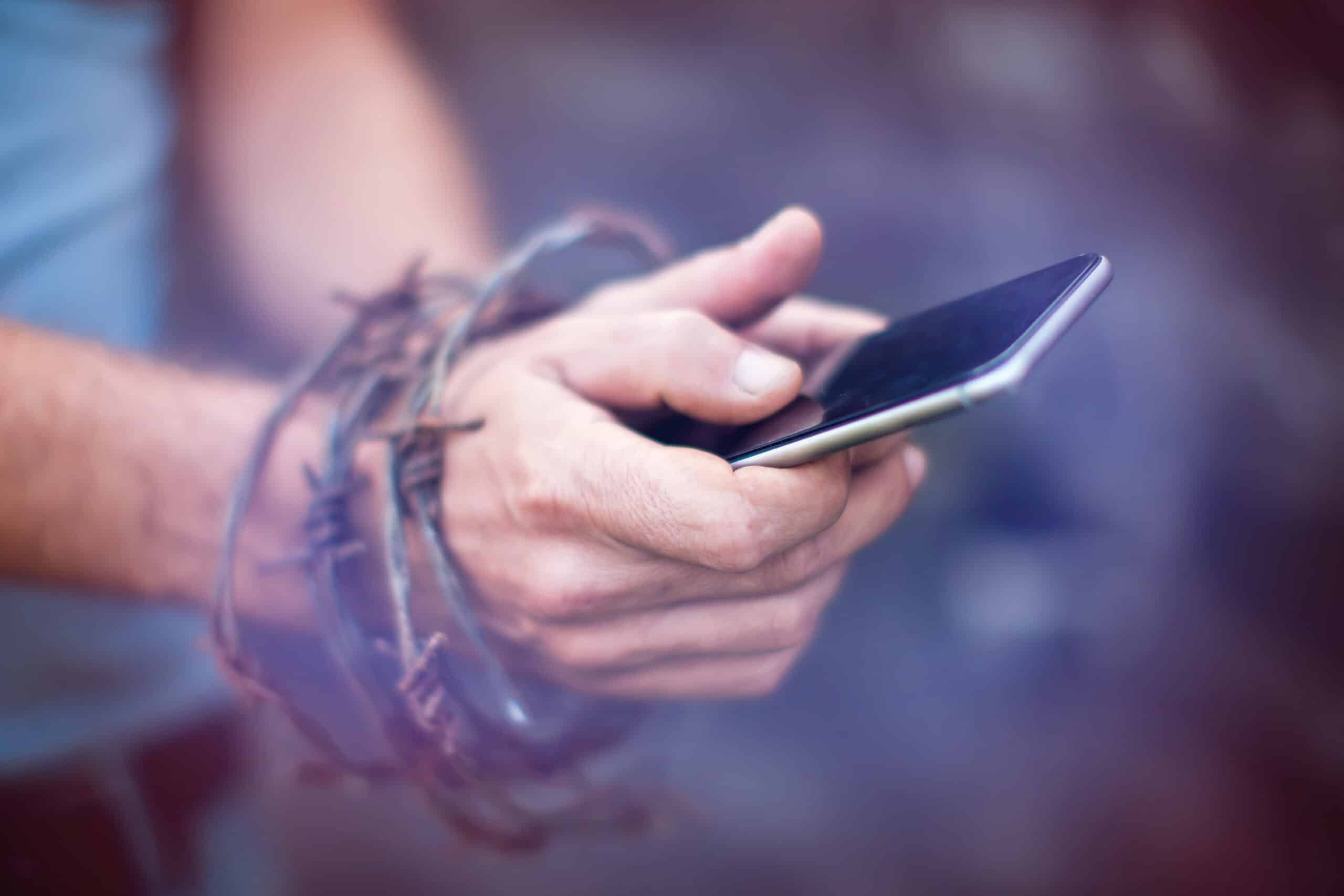The American Psychological Association and the US Surgeon General have recently issued health advisories with recommendations for teens, parents, and policymakers over mounting concerns regarding the growing body of evidence that shows the trend of increased social media use and decreased mental health is intertwined.
People are using social media more, especially young people, and their mental health is suffering as a result. The researchers believe that this study shows that a simple intervention of reducing time wasted on social media could help to improve mental health.
For this two-week study, 230 college students were recruited, half of the participants were asked to limit social media use to 30 minutes a day and they received automated daily reminders to help them on their journey. The other half of the participants continued social media use as they normally would. At the end of the study, compared to controls, the intervention group scored significantly lower for levels of anxiety, depression, loneliness, and fear at the end of the two-week study period compared to the control group.
This group also scored higher for a positive effect, which was described as being “the tendency to experience positive emotion described with words such as excited and proud”, basically they had a more positive/brighter outlook on life than the controls. Additionally, the psychological benefits from reduced time spent on social media also extended to those who sometimes exceeded the 30-minute time limits.
“It surprised me to find that participants’ well-being did not only improve in one dimension but in all of them. I was excited to learn that such a simple intervention of sending a daily reminder can motivate people to change their behavior and improve their social media habits.” says Ella Faulhaber, a Ph.D. student in human-computer interaction and lead author of the paper.
“The lesson here is, it’s not about being perfect but putting in effort, which makes a difference. I think self-limiting and paying attention are the secret ingredients, more so than the 30-minute benchmark,” Faulhaber states.
“Knowing how much time we spend on activities each day and making something countable makes it easier for people to change their behaviors,” says Douglas A. Gentile, who is a co-author and distinguished professor of psychology, giving Fitbits and daily steps as an example.
Many of the study participants reported that it was a challenge to cut back on their time spent using social media just for the first few days but after that feelings of being more productive and in tune with life were reported, as well as being able to get better sleep and spending more time in person with other people interacting.
Other studies have investigated the effects of limiting or abstaining from the use of social media. But many of these interventions required supervision, deleting apps, or using special apps to block/limit social media. These techniques are similar to rehab for addicts, and while external accountability can help it also comes with a high risk of relapse.
“When a perceived freedom is taken away, we start resisting,” says Gentile. He adds that eliminating social media also means losing some of the benefits it can bring, like connecting with friends and family.
For anyone who wants to cut back on the time they waste on social media, the researchers recommend that you:
Create awareness. Set a timer or use a built-in wellness app to see how much time you spend on social media.
Give yourself grace. Recognize that it’s not easy to stick to a time limit. Social media apps are designed to keep you engaged.
Don’t give up. Limiting social media use over time has real benefits for your daily life.
It is important to be mindful of how and when we use social media platforms which have been shown to be habit-forming which can lead to addiction. When we pay more attention to how much time we are wasting on social media, setting measurable goals can help us to cut back and improve our mental health. The researchers suggest that future research could investigate this further along with the long-term effects of limiting time spent on social media and what people choose to do with the freedom/time they gain from doing so.
“We live in an age of anxiety. Lots of indicators show that anxiety, depression, and loneliness are all getting worse, and that can make us feel helpless. But there are things we can do to manage our mental health and well-being,” says Gentile.
“I, personally, based on the data I’ve seen, believe that 13 is too early … It’s a time where it’s really important for us to be thoughtful about what’s going into how they think about their own self-worth and their relationships and the skewed and often distorted environment of social media often does a disservice to many of those children,” said US Surgeon General Vivek Murthy. “If parents can band together and say you know, as a group, we’re not going to allow our kids to use social media until 16 or 17 or 18 or whatever age they choose, that’s a much more effective strategy in making sure your kids don’t get exposed to harm early.”
It’s pretty safe to say at this point that social media is probably here to say, and there are a lot of people who need to learn how to use it better/ more safely. Social media does not have to be a bad thing, but clear boundaries are needed, especially for young people and children regarding what they are looking at and how much time they spend on it. Social media has the potential to make meaningful and positive effects on a person’s life but it also has even more potential to do the opposite without any boundaries in place.




